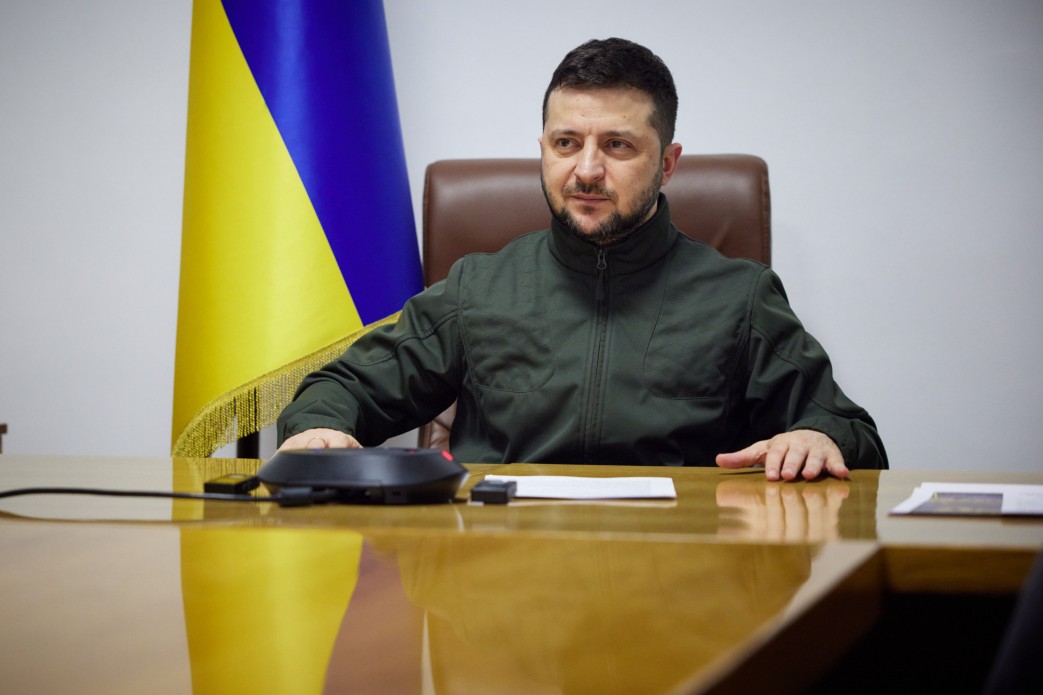Ukraine’s hopes to quickly join the European Union may be dashed as it faces heavy accusations that it is still steeped in corruption.
Former European Commission President Jean-Claude Juncker expressed reservations about Ukraine’s potential accession to the EU, citing concerns over governance and internal issues.
“It is widely recognized among those familiar with Ukraine that the nation faces significant challenges related to corruption across various strata,” he said recently in an interview. “While the country has made strides, it requires extensive internal reforms before considering EU membership.”
Juncker said making “false promises” to Ukrainians over their candidacy to accede to the bloc would be “neither good for the EU nor for Ukraine.”
He also slammed those whom he accused of telling Ukrainians they could be given a shortcut to becoming part of the EU.
“You shouldn’t make false promises to the people in Ukraine who are up to their necks in suffering,” he said.
According to officials, countries hoping to join the EU must adhere to demanding reforms and adopt many European laws before they are granted entry to the bloc, which can take more than a decade.
Kyiv must prioritize reforms addressing corruption and money laundering, endeavors that may prove challenging while the conflict persists.
For nations such as Ukraine and Moldova that aspire to join the European Union, their progress on internal reforms should be a significant factor in their potential membership. Jean-Claude Juncker, the former European Commission President, underscored the importance of these nations demonstrating meaningful progress in internal governance.
He further noted that any decisions regarding their accession to the EU must command a qualified majority’s approval. Ukraine’s efforts to address corruption have been a focal point of consideration in relation to its EU membership prospects for several years.
In contrast, the current European Commission President, Ursula von der Leyen, and the European Council’s leader, Charles Michel, seem to harbor a more positive perspective on Ukraine’s trajectory towards EU integration, expressing greater confidence in the nation’s potential candidacy.
Ukraine’s struggle with corruption has deep roots, intertwined with its historical, political, and economic contexts. Following the dissolution of the Soviet Union, the transitional phase ushered in a period of economic hardship and instability, allowing oligarchic structures to emerge and entrench themselves within the state’s institutions and economy.
These oligarchs wielded considerable influence over media, industry, and politics, creating a climate where personal interests often superseded the common good.
The legal and institutional frameworks in the country, while having undergone reforms, have not always been robust enough to address these deeply entrenched power structures.
The lack of public trust in these institutions, coupled with weak enforcement mechanisms, has often meant that corruption goes unchecked. Additionally, the ongoing conflict in the eastern part of Ukraine has sometimes diverted attention and resources away from comprehensive anti-corruption efforts, making it challenging to address the issue head-on. Over the years, while there have been genuine attempts at reforms and external pressures, especially from international organizations and partners, the intertwined nature of political and business interests has made substantial progress slow.
Unless Ukraine can prove it has the capability and desire to make substantial changes to its political and economic infrastructure, it will continue to face heavy opposition to joining the EU.
